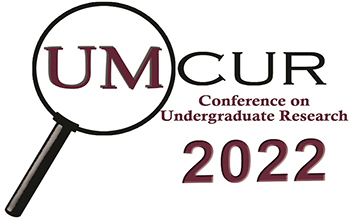Characterizing Reference Conditions of Araucaria araucana
Project Type
Presentation
Faculty Mentor’s Full Name
Cara Nelson
Faculty Mentor’s Department
Ecosystem Science and Restoration
Abstract / Artist's Statement
The Araucaria araucana tree is endemic to a small range of Chile and Argentina. This ancient gymnosperm dates back to the Tertiary period and can live over 1300 years. Within Chile, remaining stands have been fragmented by exotic plantations, logging pressures, and human disturbance. Though this tree is resistant to disturbance and fire, human pressures and the removal of frequent fire are giving other species a competitive advantage over A. araucana. Current populations are clustered along the coast and the Andean mountains. However, there is a lack of knowledge about the spatial patterns of A. araucana trees within stands. Overstory spatial patterns of native forests are a key attribute informing accurate restoration. We are proposing to characterize overstory tree spatial structure for both coastal and Andean sites to determine the frequencies of individual trees, small clumps, and large clumps. We will also examine the effects of overstory spatial structure on understory composition and regeneration of this tree. By sampling remaining native stands, this study will serve to improve future restoration efforts and develop accurate reference sites.
Category
Life Sciences
Characterizing Reference Conditions of Araucaria araucana
UC 331
The Araucaria araucana tree is endemic to a small range of Chile and Argentina. This ancient gymnosperm dates back to the Tertiary period and can live over 1300 years. Within Chile, remaining stands have been fragmented by exotic plantations, logging pressures, and human disturbance. Though this tree is resistant to disturbance and fire, human pressures and the removal of frequent fire are giving other species a competitive advantage over A. araucana. Current populations are clustered along the coast and the Andean mountains. However, there is a lack of knowledge about the spatial patterns of A. araucana trees within stands. Overstory spatial patterns of native forests are a key attribute informing accurate restoration. We are proposing to characterize overstory tree spatial structure for both coastal and Andean sites to determine the frequencies of individual trees, small clumps, and large clumps. We will also examine the effects of overstory spatial structure on understory composition and regeneration of this tree. By sampling remaining native stands, this study will serve to improve future restoration efforts and develop accurate reference sites.
